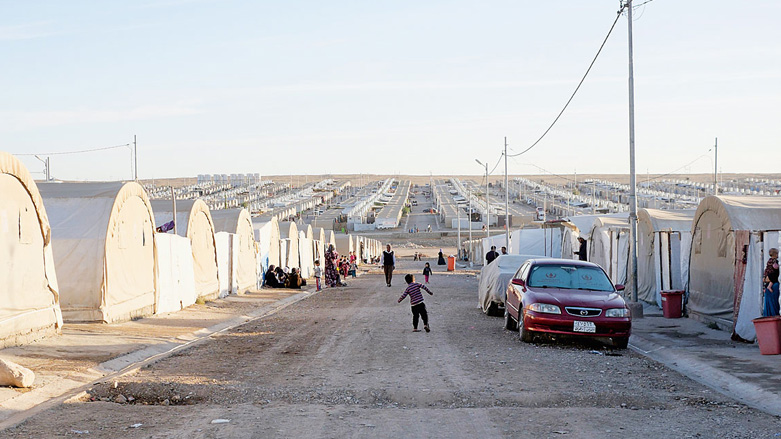Dutch government halts repatriation of Yezidis to Kurdistan Region

ERBIL (Kurdistan 24) – A senior Dutch official on Wednesday informed lawmakers in the Hague that her government has stopped repatriating Yezidi (Ezidi) asylum seekers to the Kurdistan Region because of difficult conditions at displacement camps there.
Dutch State Secretary for Security and Justice Ankie Broekers-Knol said on Wednesday in a response to questions from Dutch MPs that, according to “recent information,” Ezidis are living in camps in the Kurdistan Region without sufficient access to needed services such as food and shelter.
She said the Netherlands no longer regards the Kurdistan Region as the place of residence for Ezidis that fled from other parts of Iraq. As a result, they will now be considered a vulnerable minority.
According to the Dutch State Secretary, the designation doesn’t guarantee Ezidi applicants that they will be guaranteed asylum status, but that it would make it easier.

The Dutch immigration service, which limits repatriation of vulnerable minority members, earlier claimed Ezidis have lived safely for an extended period at refugee camps in the Kurdistan Region and were therefore not considered a vulnerable group.
In April, it became clear that the Dutch government was rejecting asylum cases for Ezidis and returning them back to the camps.
Related Article: Dutch government repatriates Yezidi asylum seekers to camps in Kurdistan Region
Following the decision, many Dutch MPs criticized the government policy, causing it to be revoked.
According to the UNCHR, the situation in the camps in the Kurdistan Region is dire, with commonplace poverty, hunger, and a lack of sufficient support systems for often traumatized members of the Ezidi community, many of whom faced brutality at the hands of the Islamic State.
The UNCHR noted that the Kurdistan Regional Government (KRG) is stretched beyond capacity, already dealing with over one million internally displaced persons (IDPs) and refugees from Syria with limited support.
Much like the UNHCR, the Dutch Council for Refugees says the KRG can no longer handle the massive amounts of refugees and displaced persons it has taken in, with Broekers-Knol noting that the large numbers of IDPs and refugees puts a “huge burden” on existing facilities.
Editing by John J. Catherine
